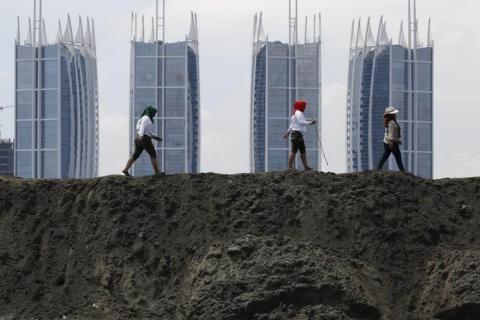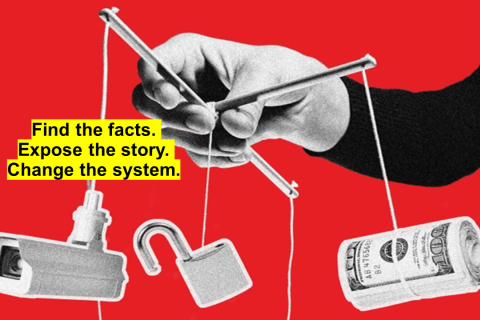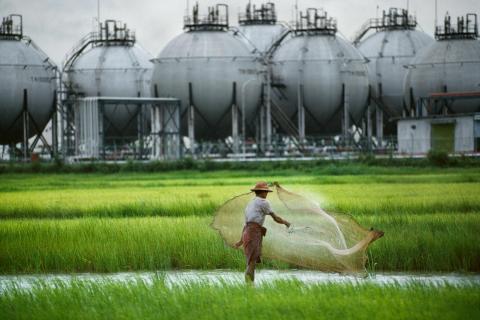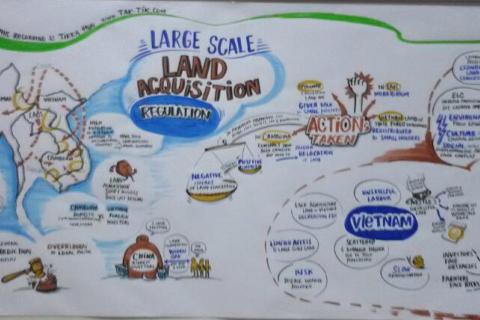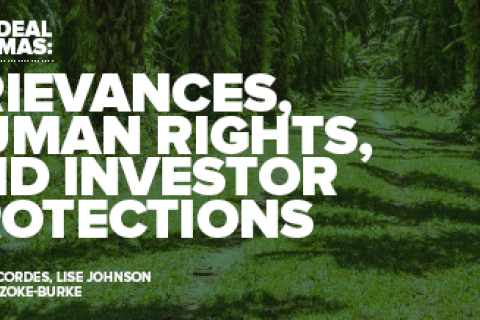To strengthen land rights, invest in local leadership
After decades of being the elephant in the room of global development, only now are we seeing increased recognition of land rights
Fred Nelson is executive director of Maliasili and Michael Taylor is director of International Land Coalition
Land rights have finally been invited to the party - sitting at the intersection of some of the world’s most urgent development, environmental, and human rights priorities.

